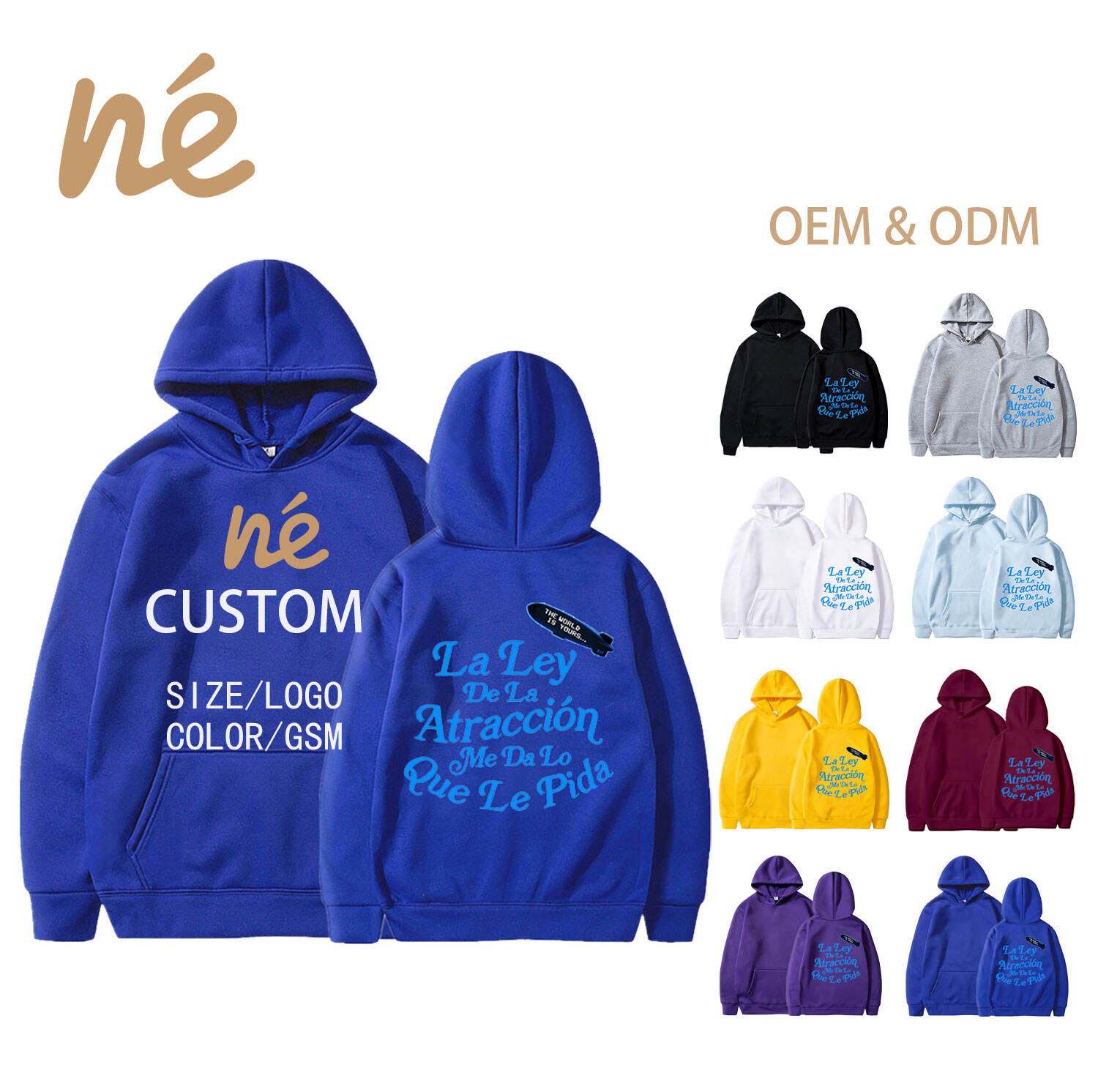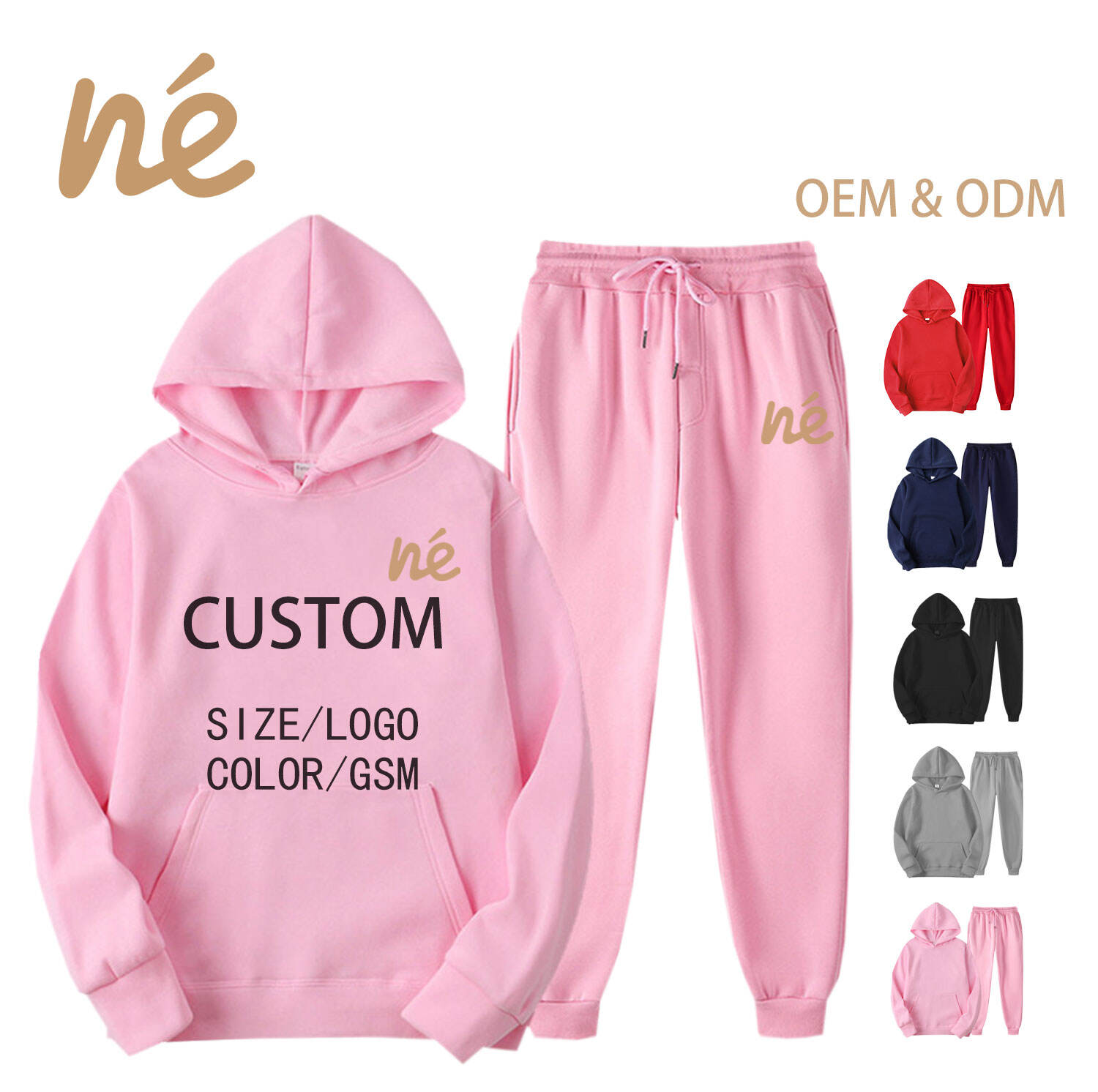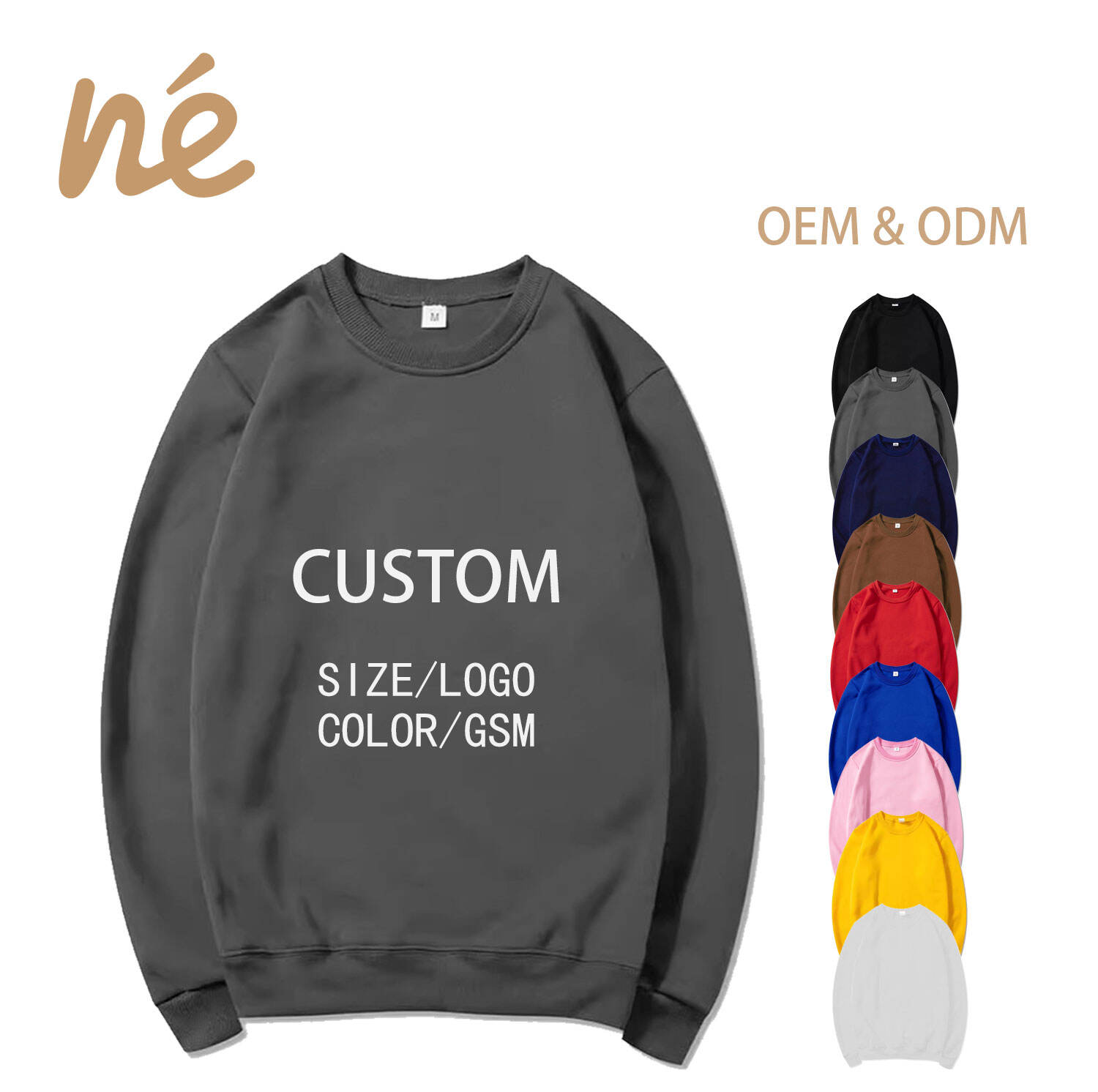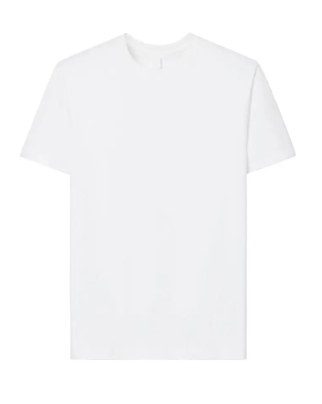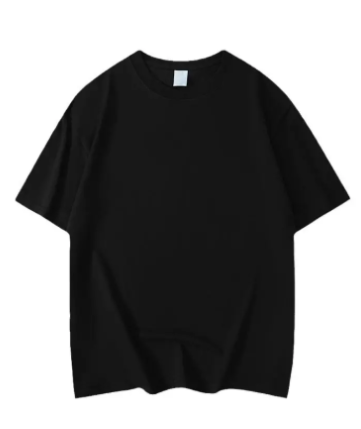small quantity clothing manufacturer
A small quantity clothing manufacturer represents a modern solution in the fashion industry, specializing in producing limited runs of garments with maximum flexibility and efficiency. These manufacturers utilize advanced production technologies and streamlined processes to accommodate orders ranging from a few dozen to several hundred pieces, making them ideal for emerging brands, boutique retailers, and fashion designers. They employ state-of-the-art CAD systems for pattern making, automated cutting machines, and specialized sewing equipment to ensure precise execution of designs. The facilities typically feature modular production lines that can be quickly reconfigured to handle different styles and materials, while maintaining high quality standards through rigorous quality control measures. These manufacturers often integrate digital sampling and virtual prototyping capabilities, reducing development time and material waste. Their operations include comprehensive services from pattern development and sample making to full production runs, with the ability to work with diverse fabric types and complex design elements. The manufacturing setup incorporates sustainable practices and efficient inventory management systems, enabling quick turnaround times while maintaining cost-effectiveness for smaller orders.


